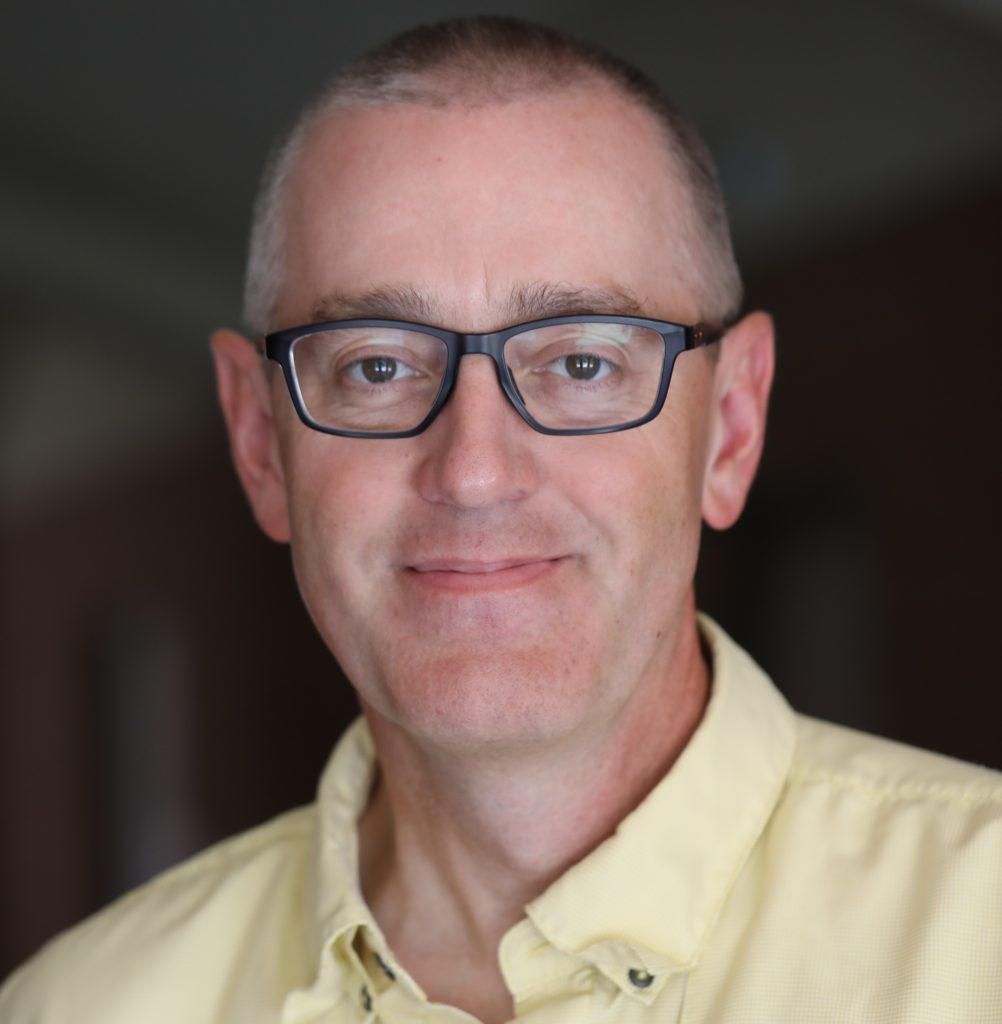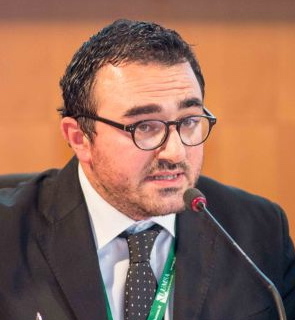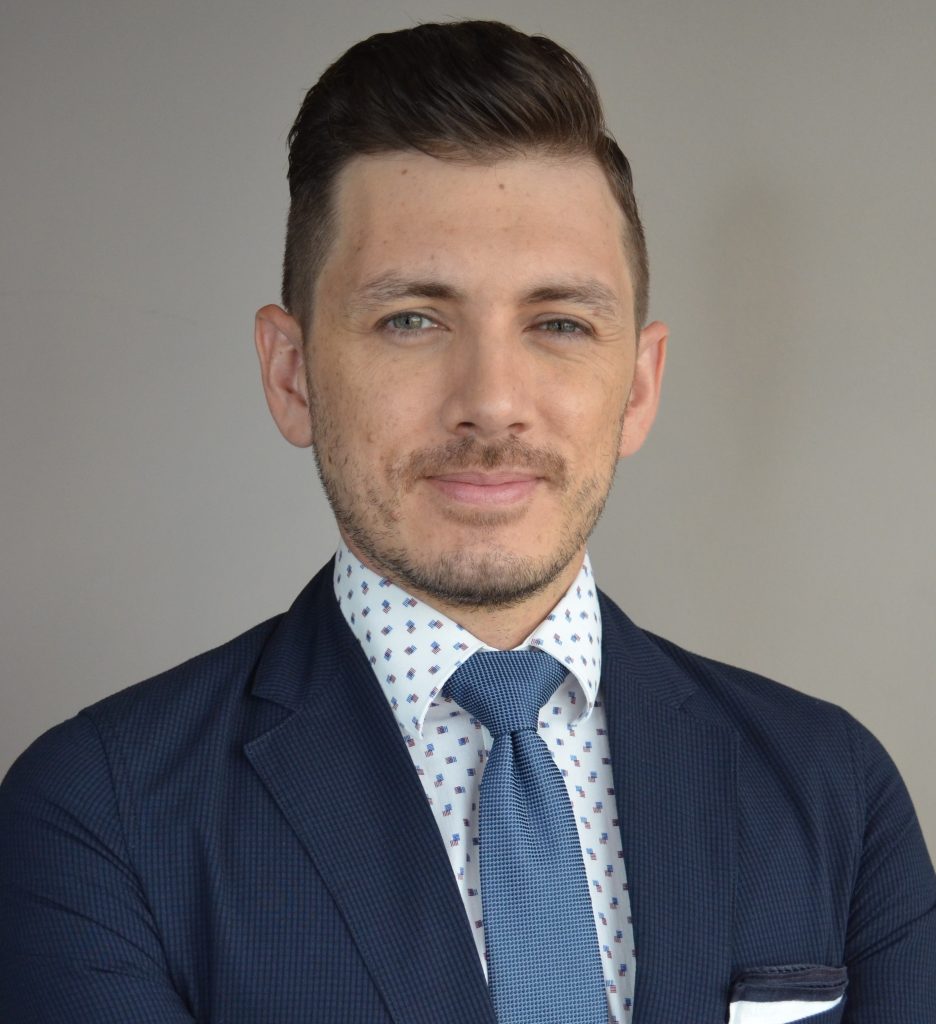The Appeal of Dignity: John Peters Humphrey and the Universal Declaration of Human Rights

Paul Martens is an associate professor of ethics at Baylor University. This post is excerpted from an article in the December 2023 special issue of The Review of Faith & International Affairs commemorating the 75th anniversary of the UDHR.
In early 1947, the United Nations Commission on Human Rights embraced a clear mandate to draft an international “bill of rights” that would eventually become the Universal Declaration of Human Rights (UDHR). Seventy-five years later, this document has become rather familiar and ordinary; at the time, it was daringly revolutionary, and its adoption was vehemently contested. Few saw the revolutionary nature of the UDHR as clearly as John Peters Humphrey, the first director of the Division of Human Rights at the United Nations; even fewer had the opportunity to shape its terms and categories. The purpose of the following commentary is, therefore, to recount the unlikely contribution of Humphrey to the UDHR and, especially, its foundational affirmation of human dignity.


